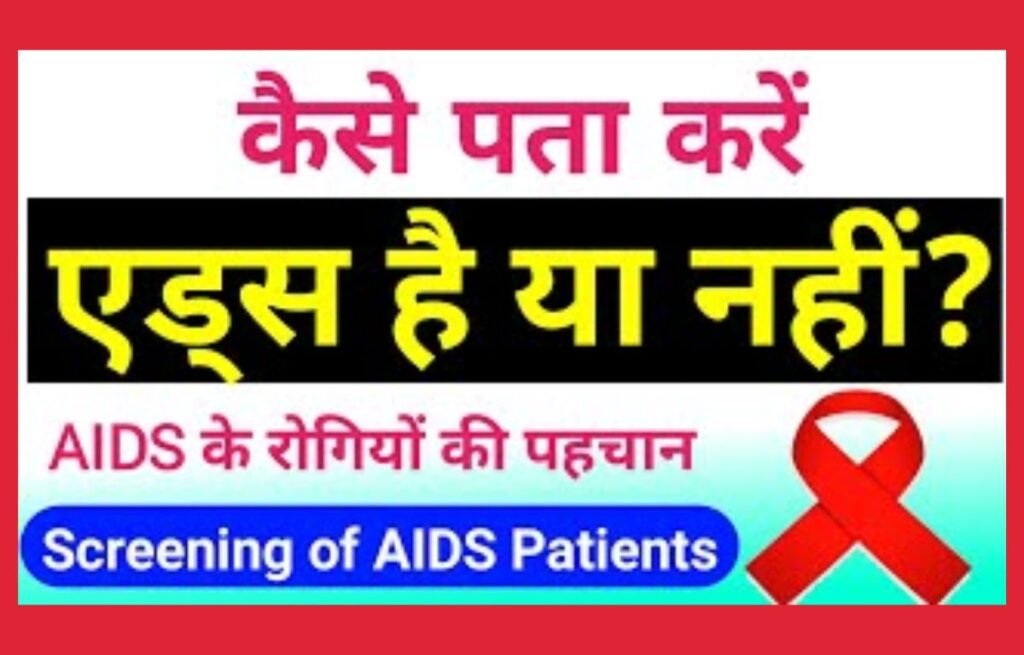HIV or Human Immunodeficiency Virus was first discovered in the USA in 1981. HIV is a virus that attacks those cells of our body that fight infections and diseases. It makes the victim more vulnerable to diseases. Usually, after acquiring this virus, the patient lives with it for 3 to 4 years without any symptoms until the immune system ultimately weakens. Soon, the patient starts to develop different diseases and ultimately dies of a disease, or in most cases, some cancer.

AIDS is the last stage of HIV. If HIV is left untreated, then the patient develops AIDS (Acquired Immunodeficiency Syndrome). This is the stage when the patient’s immune system has been completely damaged.
HIV TRANSMISSION
Since HIV is a virus, its ways of transmission are also pretty similar to other viruses. Some ways in which HIV can be transmitted to our body are through:
Sexual intercourse: The most common form of transmission is sexual intercourse with someone already infected. This virus is present in body fluids such as semen and saliva. Apart from that, it also lies in the reproductive tracts of the vagina. This is why having sexual intercourse with an HIV positive man or woman can transfer this virus to your body. It accounts for why prostitution is becoming one of the main causes of AIDS.
Injection needles: Sharing dirty or used injection needles can also spread this virus. It can introduce this virus to our bloodstream and infect us. This is why drug abusers are more likely to be HIV positive, and disposable syringes are used in every hospital.
Mother-to-child transmission: If the mother is HIV positive while pregnant, she might transmit this virus to her unborn child. This is why there have been several cases of young children being found HIV positive.
Blood transfusions: Having a transfusion of contaminated or infected blood can introduce HIV to your body.
HIV SYMPTOMS
Depending on the infection phase, the symptoms of HIV vary. There are usually three phases of symptoms that are listed below:
Acute HIV: This is the primary stage of infection, and symptoms develop after two to three weeks of being infected. The common symptoms are fever, headache, rash, diarrhea, cough, sore throat, and swollen lymph glands.
Chronic HIV: This is the latent stage when there are no particular symptoms. This stage lasts for some years in several people, and later, they develop even more severe diseases due to the immune system’s failure.
Symptomatic HIV: This is the stage when the virus continues to multiply in the system and destroy the cells. Most of the symptoms like fatigue, diarrhea, oral yeast infection, weight loss, and pneumonia appear at this stage.
Developing AIDS: Finally, the final stage comes when the victims have developed AIDS, and their immune system has been permanently damaged. At this stage, the patient becomes more vulnerable to infections. The usual symptoms are occurring fever, chronic diarrhea, prolonged fatigue, weakness, weight loss, and white spots on the tongue or mouth.
HIV Treatment by hiv specialist doctor
Enable Ginger
As of today, there is no vaccine for HIV. However, certain medications can prevent a patient from reaching the final stage of developing AIDS.
Cannot connect to Ginger Check your internet connection
or reload the browserDisable in this text fieldEditEdit in GingerEdit in Ginger×
After the diagnosis, the main HIV treatment is antiretroviral therapy using certain combinations of HIV medicines such as Naivex, Tafero, Trustiva, Viraday, etc. Antiretroviral therapy can stop the virus from spreading in the body and advancing to its last stage. It will also prevent its transmission from the patient’s body to another person’s body. However, if the medications are discontinued, the viral load will increase again in the patient’s body.
